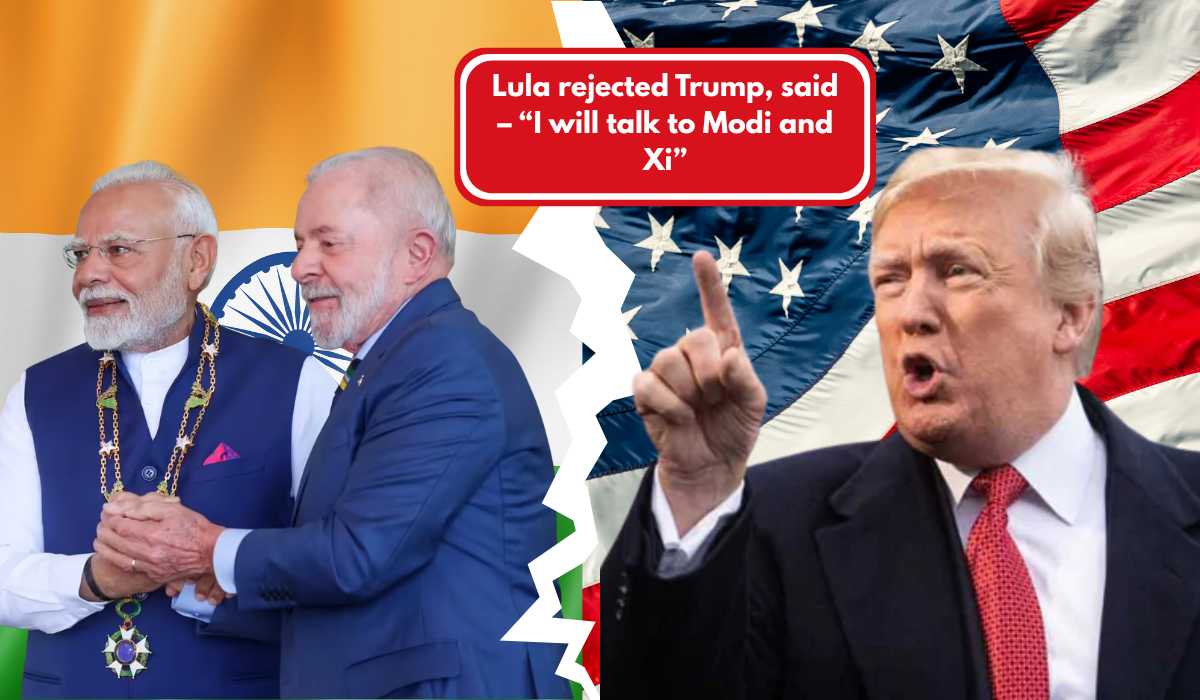In a bold diplomatic move that could mark a major turning point in global geopolitics, Brazilian President Luiz Inácio Lula da Silva has publicly rejected former U.S.
President Donald Trump’s offer for dialogue following steep tariffs imposed by the U.S. Lula, in a pointed response, said he would rather speak to Indian Prime Minister Narendra Modi, emphasizing a growing solidarity within the Global South.
Trump recently slapped a 50% tariff on Brazilian imports, claiming that countries like Brazil and India manipulate currencies and dump subsidized goods into the U.S. market.
His justification: bringing back American jobs and reducing foreign dependence. However, this aggressive tariff strategy is now drawing backlash not just from adversaries but close trade partners.
Lula’s response was sharp: “I will not negotiate with a leader who weaponizes tariffs as threats.” He also mentioned plans to connect with leaders like China’s Xi Jinping and India’s Modi, bypassing direct talks with Washington.
Also Read: Trump Softens Stand on 100% Tariff for India, Hints at Putin Talks
This move underlines the emerging alignment of developing nations seeking independence from Western-dominated trade rules.
Observers see this as part of a broader shift toward multipolar cooperation. With BRICS countries like India and Brazil seeking trade alternatives, rejecting dollar dominance, and pushing for reforms in global institutions like the WTO and IMF, U.S. isolation under Trump’s leadership may be accelerating.
India, facing similar pressure from Trump over Russian oil imports, remains firm in protecting its economic sovereignty. Nikki Haley, a prominent U.S. voice, criticized Trump for being lenient on China while alienating key allies like India.
As developing nations grow increasingly resistant to Western economic pressure, the world may be witnessing the rise of a new global order – one shaped not by Washington alone, but by a united Global South determined to chart its own course.
